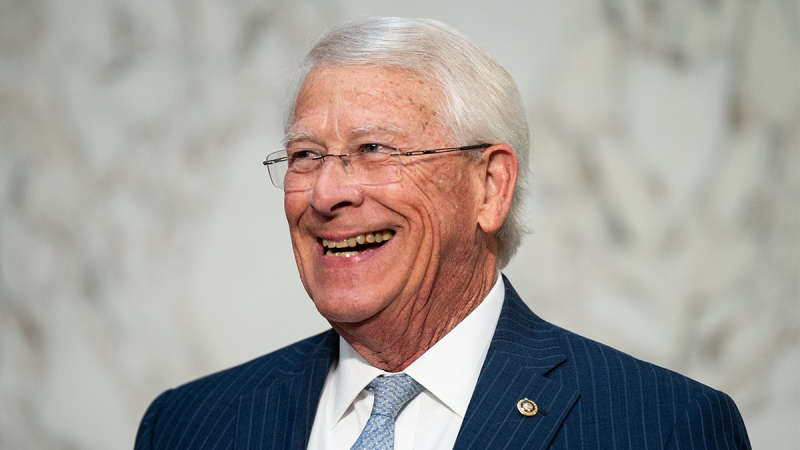The shifts in the political landscape and the current tensions brewing between Ukraine and Russia have brought into sharp focus the intricate dynamics of international politics. One of the key players in these developments is the United States, and the administration’s strategic silence in the face of these challenges has been noted with concern by many. This concern has been voiced in no uncertain terms by the ranking member of the Armed Services Committee.
Mike Turner, a ranking member of the Armed Services Committee, has explicitly questioned the silence coming from the Biden administration. Turner, who is a long-standing advocate for Ukraine and was even present in Kyiv in 2014 when Russia annexed Crimea, has underlined his apprehension on several matters.
Firstly, Turner points out that President Joe Biden has seemingly retired from engaging with the situation in Ukraine. This absence is strikingly prominent considering the pushing for $1 billion security aid in additional military equipment for Ukraine aid that the Trump administration commenced. The magnitude of involvement seen previously makes the present silence more jarring.
In Turner’s view, the lack of engagement by the Biden administration does not appear consistent with the severity of events on the ground. The repelling of Russia’s invasion is a monumental challenge for Ukraine, and the lack of US engagement could inadvertently contribute to underlying uncertainties.
Secondly, the silence has disturbed Turner who believes that there is an apparent lack of concern by the Biden administration about the events in Ukraine. The congressman has emphasized the need for engagement and an evaluation of strategies to stand against Russia. His argument is that the Biden administration should place significant consideration into safeguarding Ukraine’s sovereignty, emphasizing the role of prominent players in maintaining balance on this global stage.
Furthermore, Turner pointed out that the lack of response from the Biden administration regarding Ukraine might send the wrong message to United States’ adversaries. It raises questions about the US’s commitment to its allies, potentially encouraging aggressive behaviour. In the face of potential threats, the United States’ silence may be construed as a sign of weakness or even indifference.
In facing the challenges presented by the Ukraine-Russia conflict, it becomes the responsibility of global powers such as the United States to establish clear positions and actions. Turner’s insights shed light upon the importance of having a tangible and defined stance, a conversation that has been lacking within the Biden administration.
Turner is calling for more robust support of Ukraine’s efforts to defend its sovereignty. He notes that this is not just about the issue of peace and security within the boundaries of Ukraine; it’s an issue that impacts the international community’s balance and security. How the US responds in this crisis could set the stage for its relationship with international allies and adversaries for years to come.
In conclusion, the silence emanating from the Biden administration on the Ukraine issue is a strategic maneuver that raises eyebrows and questions. As the Ukraine-Russia conflict continues, the need for concrete commitment and action becomes increasingly urgent. This crisis calls for decisive leadership, an attribute that the Biden administration must display to maintain the trust and confidence of allies globally, and dispel any notions of weakness or indifference.






























